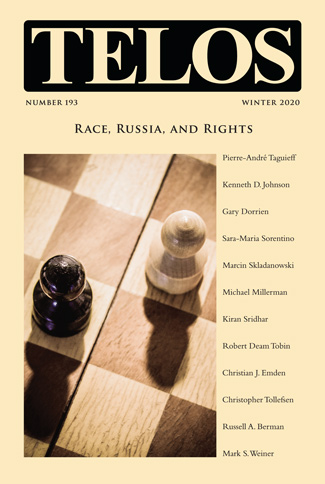 Both sides of the transatlantic alliance, America and Europe, pride themselves on their commitment to freedom. And rightly so: these political communities emerged out of histories of extended emancipation struggles, laying claim to rights against pre-democratic authoritarian states, just as they have done battle with modern, totalitarian dictatorships. The fundamental assumption that individuals have a right to freedom against the state as part of their catalogue of human rights defines the political self-understanding of this Western community, and this assumption has spread around the globe far beyond the geographical West. It has however not spread everywhere to be sure: neither Putinist Russia nor Xi’s China embraces freedom, although in both countries there are brave regime critics who risk their lives in freedom’s pursuit. They deserve our support.
Both sides of the transatlantic alliance, America and Europe, pride themselves on their commitment to freedom. And rightly so: these political communities emerged out of histories of extended emancipation struggles, laying claim to rights against pre-democratic authoritarian states, just as they have done battle with modern, totalitarian dictatorships. The fundamental assumption that individuals have a right to freedom against the state as part of their catalogue of human rights defines the political self-understanding of this Western community, and this assumption has spread around the globe far beyond the geographical West. It has however not spread everywhere to be sure: neither Putinist Russia nor Xi’s China embraces freedom, although in both countries there are brave regime critics who risk their lives in freedom’s pursuit. They deserve our support.
Yet although liberty is so central to the Atlantic community, we have seen it suddenly and strictly curtailed in the current state of emergency response to the spread of the coronavirus. German philosopher Otfried Höffe examines this alacrity with which liberty has been abandoned here and subjects it to perceptive criticism. Of course public health measures to limit the spread of the virus are necessary, but Höffe points to the disturbing eagerness with which policies have been imposed, which may go beyond appropriate measures. One might dwell on the particular policy failings everywhere—Höffe naturally focuses on Germany and the EU—but his analysis points to several conceptual points that apply broadly and to the United States especially.



